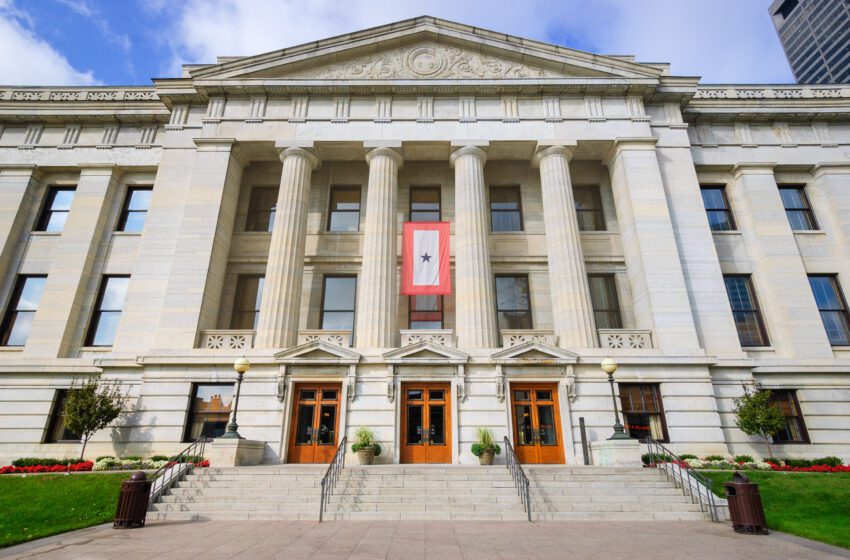
The Ohio General Assembly passed a preemption law earlier this year that prevents cities and counties from enacting tobacco regulations that are stricter than the state laws.
The law was enacted after lawmakers overrode Governor Mike DeWine’s veto, which came after a year-long battle over the banning of flavored tobacco sales.
This week, 14 cities filed a legal challenge to the law that, if successful, would allow those cities to introduce their own rules even if they are more stringent than state rules.
The cities of Columbus, Bexley, Cincinnati, Cleveland, Dublin, Gahanna, Grandview Heights, Heath, Hilliard, Oxford, Reynoldsburg, Upper Arlington, Whitehall, and Worthington filed the case in Franklin County. The plaintiffs claim the law violates the state’s constitution, specifically a line that states that cities “have the ‘authority to exercise all powers of local self-government and to adopt and enforce within [their] limits such local police, sanitary and other similar regulations, as are not in conflict with general laws.’”
According to Patrick Lagreid of Halfwheel, the suit also argues that the ban would adversely affect citizens. The Ohio legislature passed the preemption law during a special session, which DeWine later vetoed.
The ban was again passed by the state’s General Assembly as part of its budget proposal, then vetoed again by DeWine before the General Assembly voted to override the veto in January. The case seeks a temporary injunction to keep the ban from going into effect on April 24.
Republican state lawmakers have tried multiple times to prohibit local governments from restricting the sale of tobacco, only to be thwarted by DeWine’s vetoes.
In 2022, he struck down such a proposal. Last July, he struck the provision from the rest of the state budget, saying that local bans were “essential” to curb nicotine use, especially among children, without a statewide ban in place.

